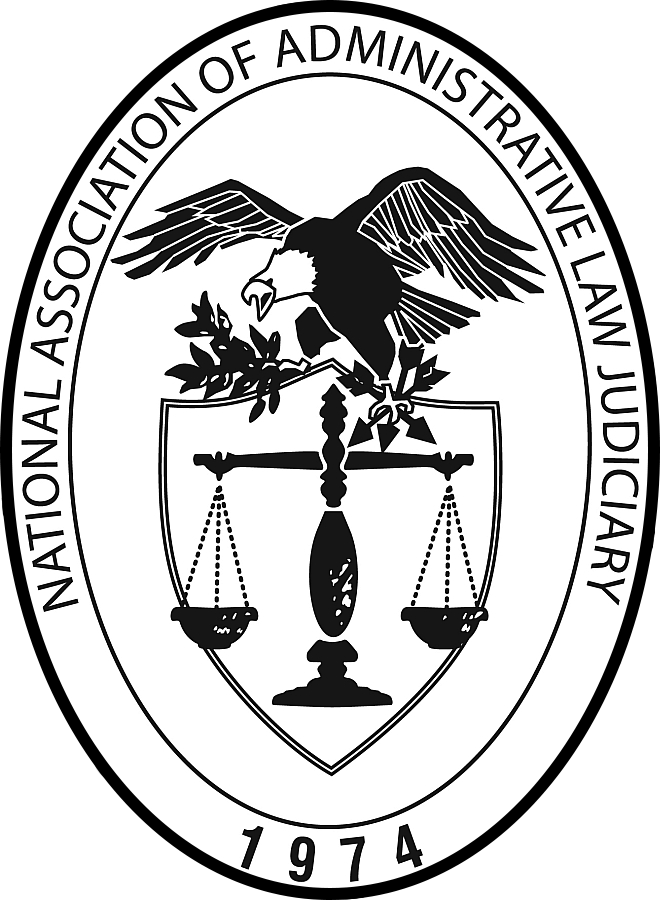| NATIONAL ASSOCIATION OF ADMINISTRATIVE LAW JUDICIARY |
ABOUT NAALJThe National Association of Administrative Law Judiciary (NAALJ) is the largest professional organization devoted exclusively to administrative adjudication devoted to the executive branch of government. It is a non-profit corporation founded in 1974 in the state of Illinois. Its voting members include: state, federal, and local administrative law judges, administrative judges, hearing officers, referees, trial examiners, agency chairs and commissioners, as well as higher appellate authorities, exercising a wide variety of subject matter jurisdiction. Associate members include law professors and attorneys involved in administrative law. As of July 1, 2014, NAALJ had approximately 846 dues-paying members. NAALJ has had members in every state as well as, Australia, Canada, the Mariana Islands, Puerto Rico and the Virgin Islands. The NAALJ organization includes state affiliates in Arkansas, the District of Columbia, Florida, Illinois, Indiana, Iowa, Louisiana, Maryland, and New York. NAALJ’s core functions are first, the enhancement of the quality of administrative justice and second, the furtherance of the process of alternate dispute resolution by means of arbitration and mediation. To those ends, NAALJ provides for exchanging ideas and information. It conducts seminars and conferences, publishes a journal and newsletter, and confers with officials of the state and federal governments on methods of improving administrative adjudication. NAALJ has adopted a Model Code of Conduct for State Administrative Law Judges, XVI J. Nat’l Ass’n Admin. L. Judges 279 (1994), and was a moving force behind the ABA Model Act for Creating a State Central Hearing Agency (Office of Administrative Hearings). NAALJ is on the forefront in the fulfillment of the true and proper role of administrative adjudication within the larger science of jurisprudence. Administrative adjudication has existed since the very beginning of our country in the sense that commissions were created by George Washington as president and other early presidents for such functions as the assignment of specific executive responsibilities and calculations of veteran’s benefits from the time of the American Revolution and the creation of tariffs schedules for American ports. It is our fond hope that in the future our role will take its place in the larger structure of government. |
